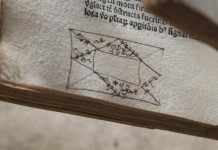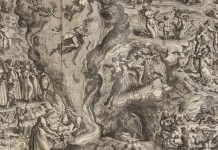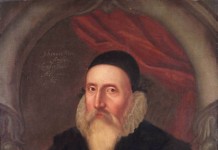 The internet has been alive with tributes to Gabriel García Márquez (1927-2014), the Colombian Nobel Prize-winning master of magic realism who has just died in Mexico aged 87.
The internet has been alive with tributes to Gabriel García Márquez (1927-2014), the Colombian Nobel Prize-winning master of magic realism who has just died in Mexico aged 87.
The 1982 Nobel Prize for Literature citation cited him as “a rare storyteller, richly endowed with a material from imagination and experience which seems inexhaustible … who combines the copious, almost overwhelming narrative talent with the mastery of the conscious, disciplined and widely read artist of language.” Magic realism, with its imaginative heightening of experience through the fusion of history and fantasy, erudition and caprice, surrealism and reportage, is often credited to Jorge Luis Borges, but it really is an open question whether it would have spread so far, or become so influential, without García Márquez, whose generation-spanning narratives popularized its procedures in the best sense.
“A tragic sense of life characterizes García Márquez’s books – a sense of the incorruptible superiority of fate and the inhuman, inexorable ravages of history,” continued the Nobel Prize citation, in terms that could not really have been used to describe Borges. “But this awareness of death and tragic sense of life is broken by the narrative’s apparently unlimited, ingenious vitality which, in its turn, is a representative of the at once frightening and edifying vital force of reality and life itself. The comedy and grotesqueness in García Márquez can be cruel, but can also glide over into a conciliating humour.”
García Márquez was probably the single writer most responsible for putting Latin American literature on the post-war international map. “Each new work of his is received by expectant critics and readers as an event of world importance, translated into many languages and published as quickly as possible in large editions,” said the Nobel Prize citation. Politics were partly responsible for that: The political dimension of Latin American experience practically guaranteed that magic realism had to keep one foot firmly planted in realism. “The violent conflicts of a political nature – social and economic – raise the temperature of the intellectual climate,” the Nobel Prize citation continued. “Like most of the other important writers in the Latin American world, García Márquez is strongly committed, politically, on the side of the poor and the weak against domestic oppression and foreign economic exploitation.” His important works started to appear during the insurgency of FARC and other left-wing guerrilla groups in Colombia, which has continued on and off ever since.
Most of García Márquez’s major works are available as ebooks on Kindle: One Hundred Years of Solitude (1967), The Autumn of the Patriarch (1975), Love in the Time of Cholera (1985), and his other novels and short stories. “With his stories, Gabriel García Márquez has created a world of his own which is a microcosmos. In its tumultuous, bewildering, yet, graphically convincing authenticity, it reflects a continent and its human riches and poverty,” the Nobel Prize citation concluded. Now go explore it.

































